What are the Benefits of MongoDB Training?
- In-depth Understanding: MongoDB training provides a comprehensive understanding of MongoDB's architecture, features, and functionalities. It covers topics such as data modeling, indexing, querying, and performance optimization, enabling participants to gain a deeper knowledge of how MongoDB works.
- Practical Skills: Training courses often include hands-on exercises and real-world scenarios, allowing participants to gain practical experience in working with MongoDB. This practical knowledge can be directly applied to projects and job roles involving MongoDB implementation and management.
- Efficient Development: With MongoDB training, developers can learn how to leverage MongoDB's flexible document model and powerful query language to efficiently develop applications. They can understand how to store, retrieve, and manipulate data effectively, improving development productivity.
- Performance Optimization: MongoDB training equips participants with techniques for optimizing the performance of MongoDB databases. They learn how to design indexes, analyze query execution plans, and employ caching strategies to enhance the overall performance of MongoDB applications.
- Scalability and Availability: MongoDB training covers topics like sharding and replication, enabling participants to understand and implement scalable and highly available MongoDB clusters. This knowledge is crucial for handling large volumes of data and ensuring the availability of applications.
- Career Advancement: MongoDB is widely used in various industries, and expertise in this database system is highly sought after. MongoDB training can enhance career prospects and open doors to job opportunities in companies and organizations that utilize MongoDB.
Is MongoDB Training still relevant in 2023?
Yes, MongoDB training remains relevant in 2023. MongoDB continues to be a widely adopted and popular database system for modern applications. Its flexible document-oriented model, scalability, and high performance make it a preferred choice for handling large volumes of data. As technology evolves, new features and updates are introduced in MongoDB, and training helps developers and database administrators stay up-to-date with the latest best practices and techniques for effectively working with MongoDB. Investing in MongoDB training can enhance career prospects and enable professionals to excel in their roles involving data management and application development.
Who can do MongoDB Course
- Developers: Software developers looking to build applications that require efficient data storage, retrieval, and manipulation can greatly benefit from MongoDB courses. Developers can learn how to leverage MongoDB's document-oriented model and query language to develop scalable and high-performance applications.
- Database Administrators: Database administrators responsible for managing and maintaining databases can enhance their skills through MongoDB courses. They can learn how to design and optimize MongoDB databases, configure replication and sharding for scalability, and perform backup and recovery operations.
- Data Engineers: Data engineers involved in data integration, ETL (Extract, Transform, Load) processes, and data pipelines can gain valuable knowledge from MongoDB courses. They can understand how to work with MongoDB as a data storage and retrieval system, integrating it into their data infrastructure.
- System Architects: System architects who design and plan the architecture of applications can benefit from MongoDB courses. They can learn how to incorporate MongoDB into the overall system design, taking advantage of its scalability, high availability, and performance features.
- IT Professionals and Technology Enthusiasts: MongoDB courses are also suitable for IT professionals and technology enthusiasts who want to expand their knowledge and gain expertise in working with modern database technologies. These courses can provide a solid foundation in MongoDB and its ecosystem.
- Business Professionals: Business professionals, such as product managers and project managers, can also benefit from MongoDB courses. Understanding the capabilities and limitations of MongoDB can help them make informed decisions when it comes to database selection and application development.
MongoDB Career Opportunities
- MongoDB Developer: As a MongoDB developer, you would specialize in designing, developing, and maintaining applications that leverage MongoDB as the underlying database system. You would work with MongoDB's query language, data modeling, indexing, and performance optimization techniques to build scalable and efficient applications.
- Database Administrator (DBA): MongoDB DBAs are responsible for managing, configuring, and optimizing MongoDB databases. They ensure data integrity, monitor performance, configure replication and sharding for scalability, and handle backup and recovery operations. MongoDB DBAs play a critical role in maintaining the health and availability of MongoDB deployments.
- Data Engineer: Data engineers with MongoDB expertise work on data integration, data pipelines, and ETL (Extract, Transform, Load) processes. They leverage MongoDB's document-oriented model to store and process large volumes of data efficiently. Data engineers also collaborate with other teams to design and implement data architectures that involve MongoDB.
- Solutions Architect: MongoDB solutions architects help organizations design and implement effective solutions using MongoDB. They work closely with clients, analyze requirements, and propose optimal MongoDB-based architectures. Solutions architects play a key role in guiding the adoption and implementation of MongoDB in complex projects.
- Big Data Engineer: With the rise of big data, MongoDB is increasingly used as a part of big data ecosystems. Big data engineers leverage MongoDB alongside other technologies like Hadoop, Spark, and Kafka to build scalable and real-time data processing systems. They design and optimize data workflows, integrate MongoDB with other components, and ensure efficient data storage and retrieval.
- Technical Consultant/Trainer: MongoDB technical consultants and trainers provide expert guidance and support to organizations implementing MongoDB. They assist with architectural design, performance optimization, and best practices. They also conduct training sessions and workshops to educate teams on using MongoDB effectively.
Conclusion:
MongoDB is a highly relevant and widely adopted database system that offers flexible data modeling, scalability, and high performance. Its document-oriented approach and powerful query language make it suitable for modern applications that deal with large volumes of data. With its increasing popularity, MongoDB presents numerous career opportunities for developers, database administrators, data engineers, and other professionals. By leveraging MongoDB's capabilities and gaining expertise in its usage, individuals can enhance their skills, stay competitive in the job market, and contribute to the success of data-intensive projects.


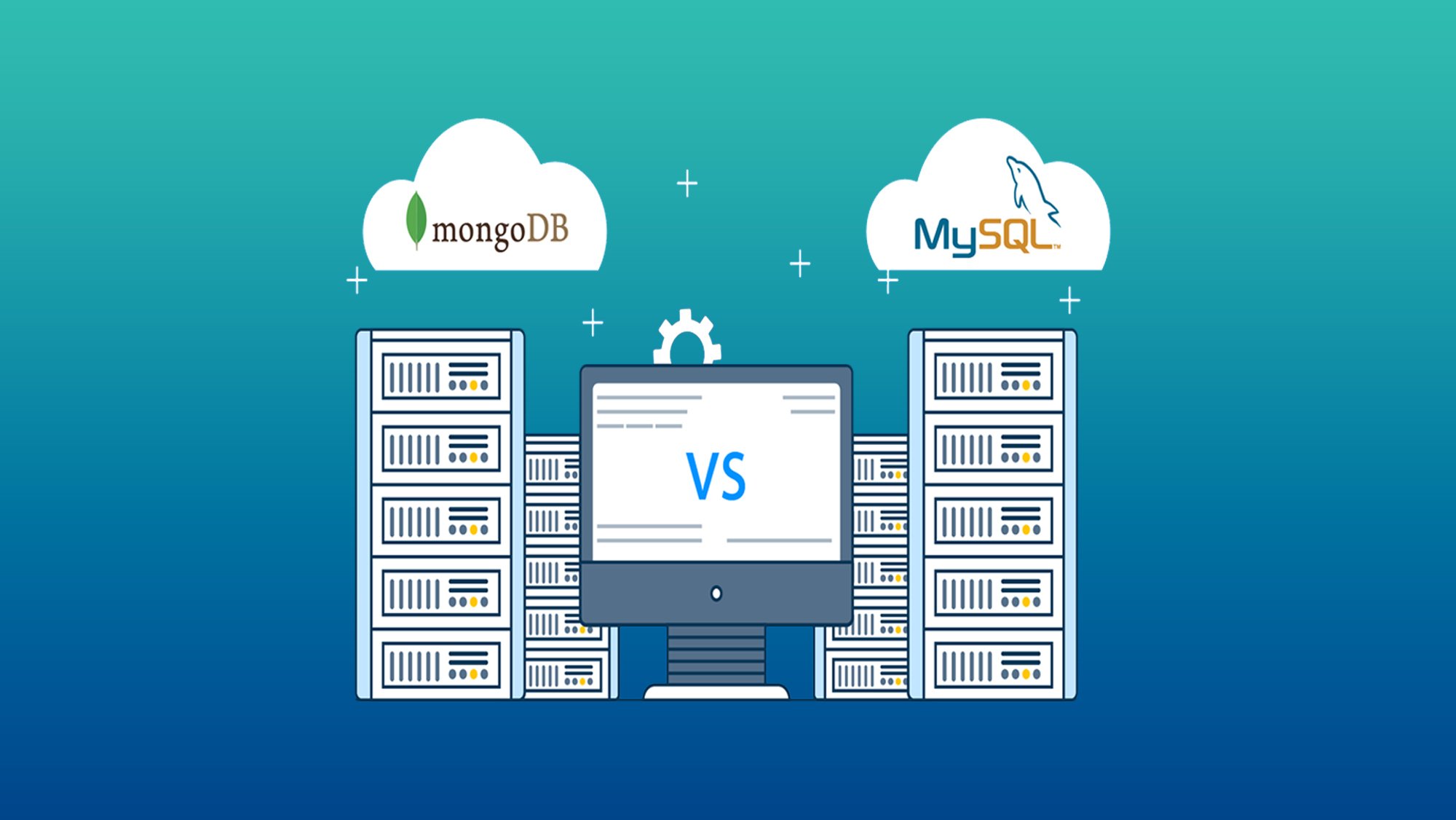
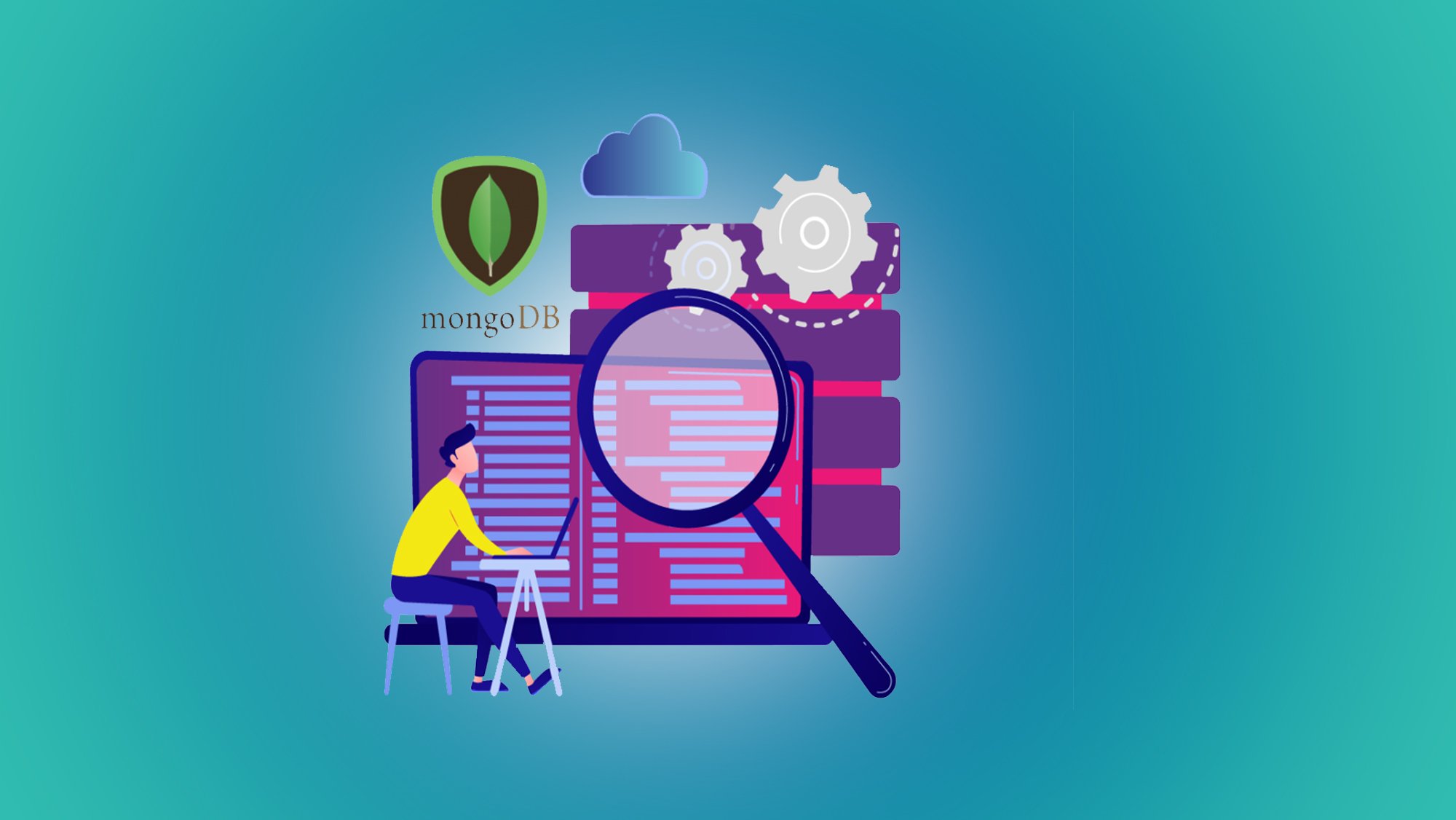
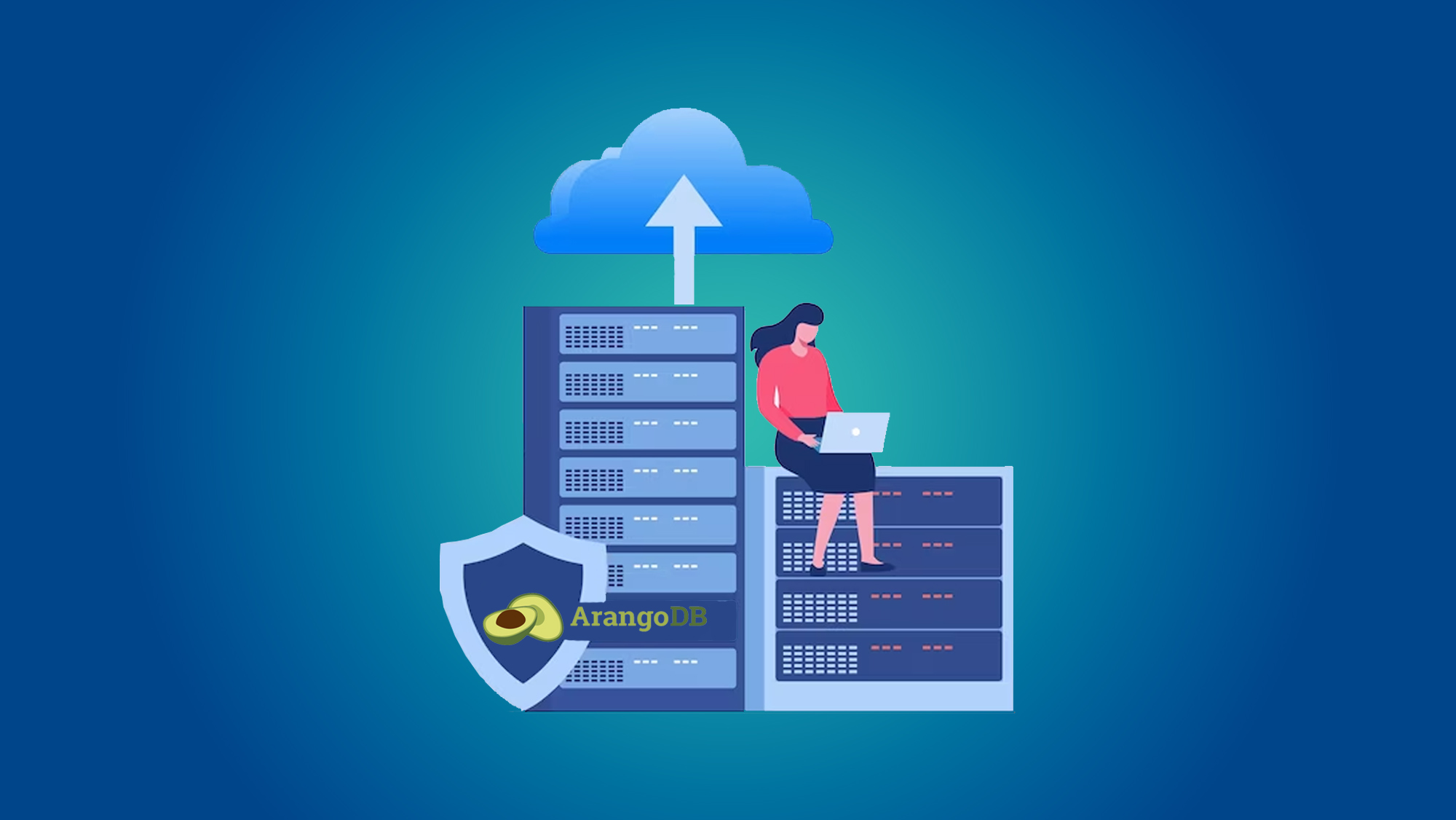
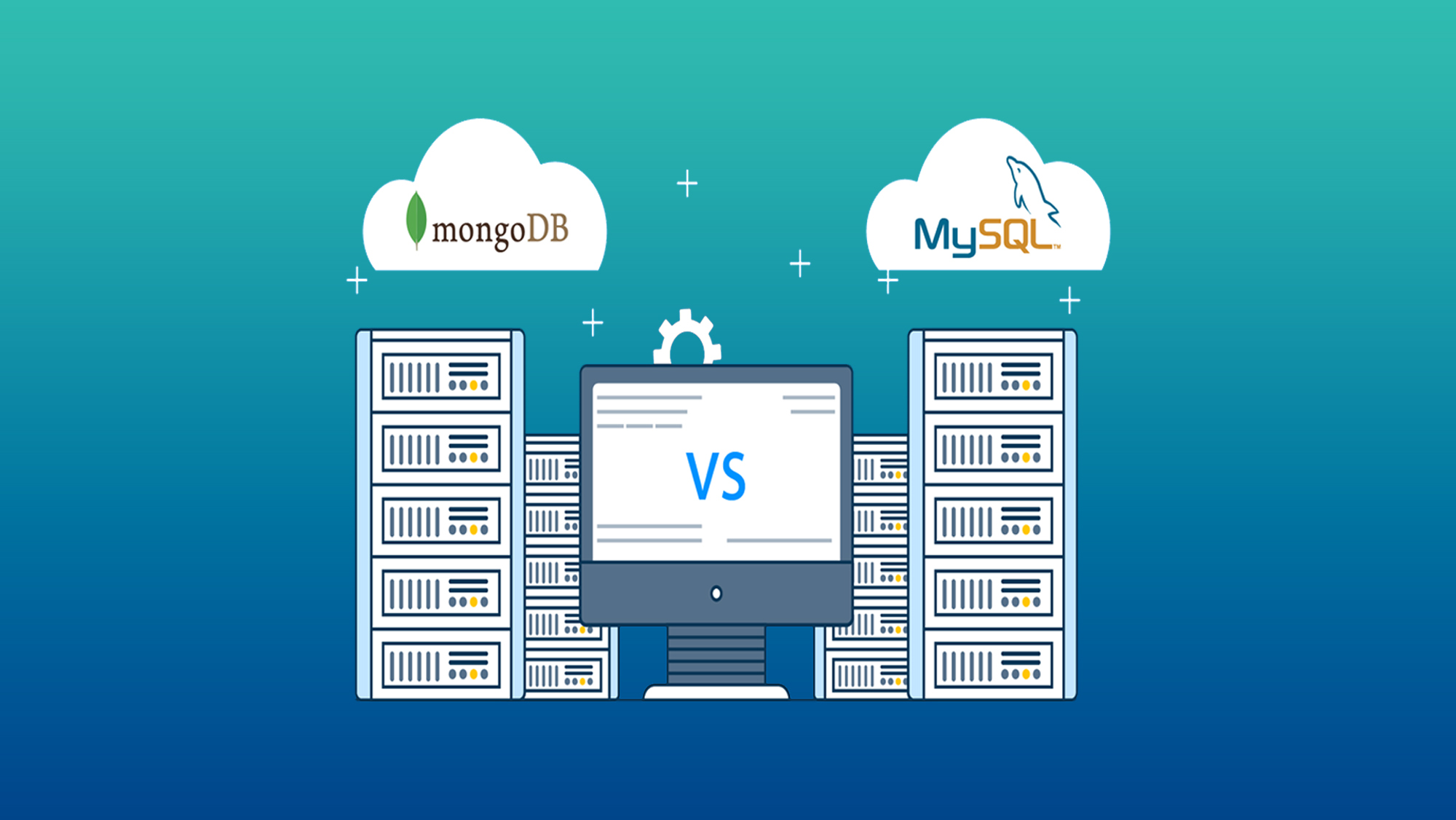
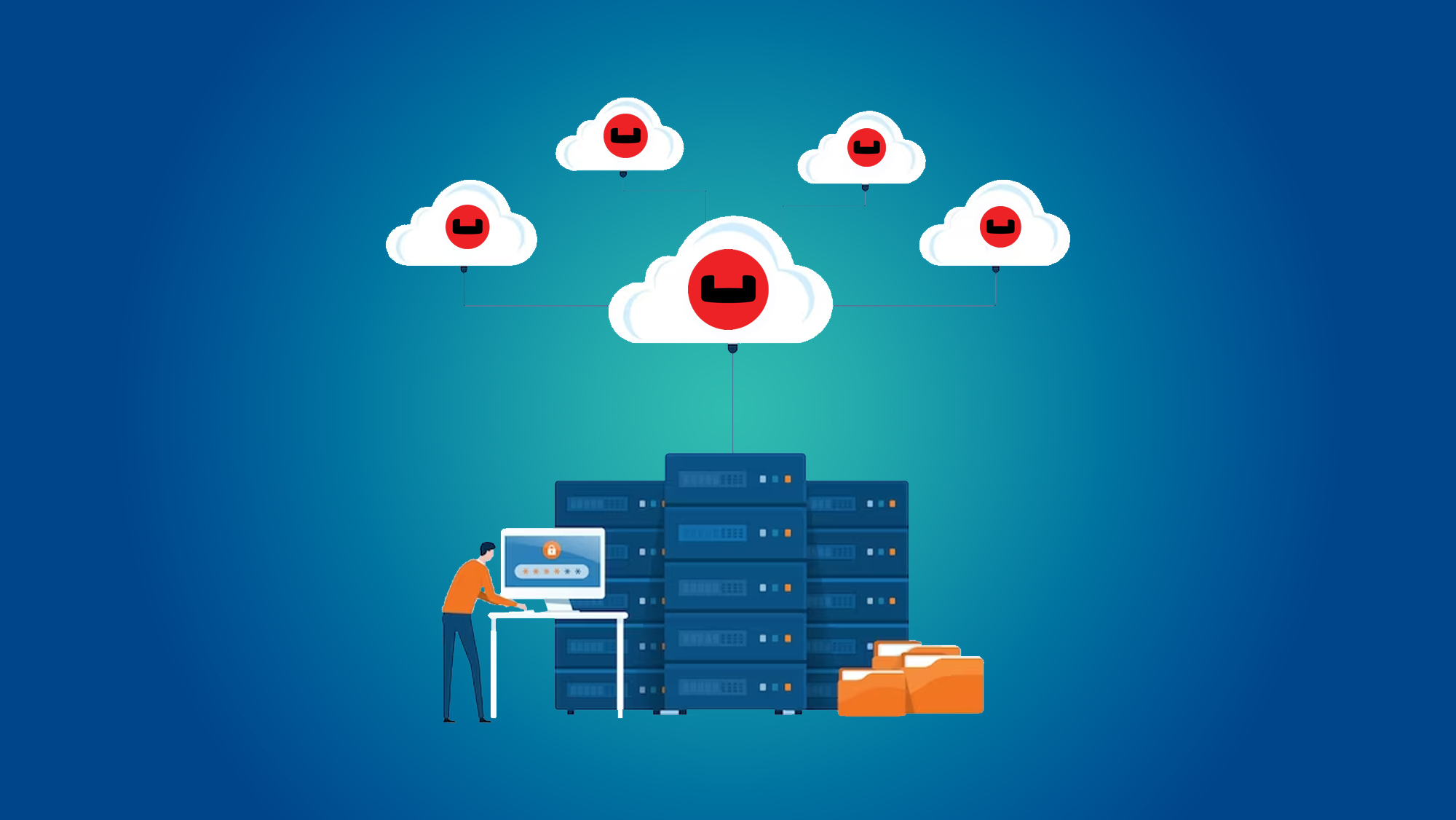
No Comments Yet
Let us know what you think